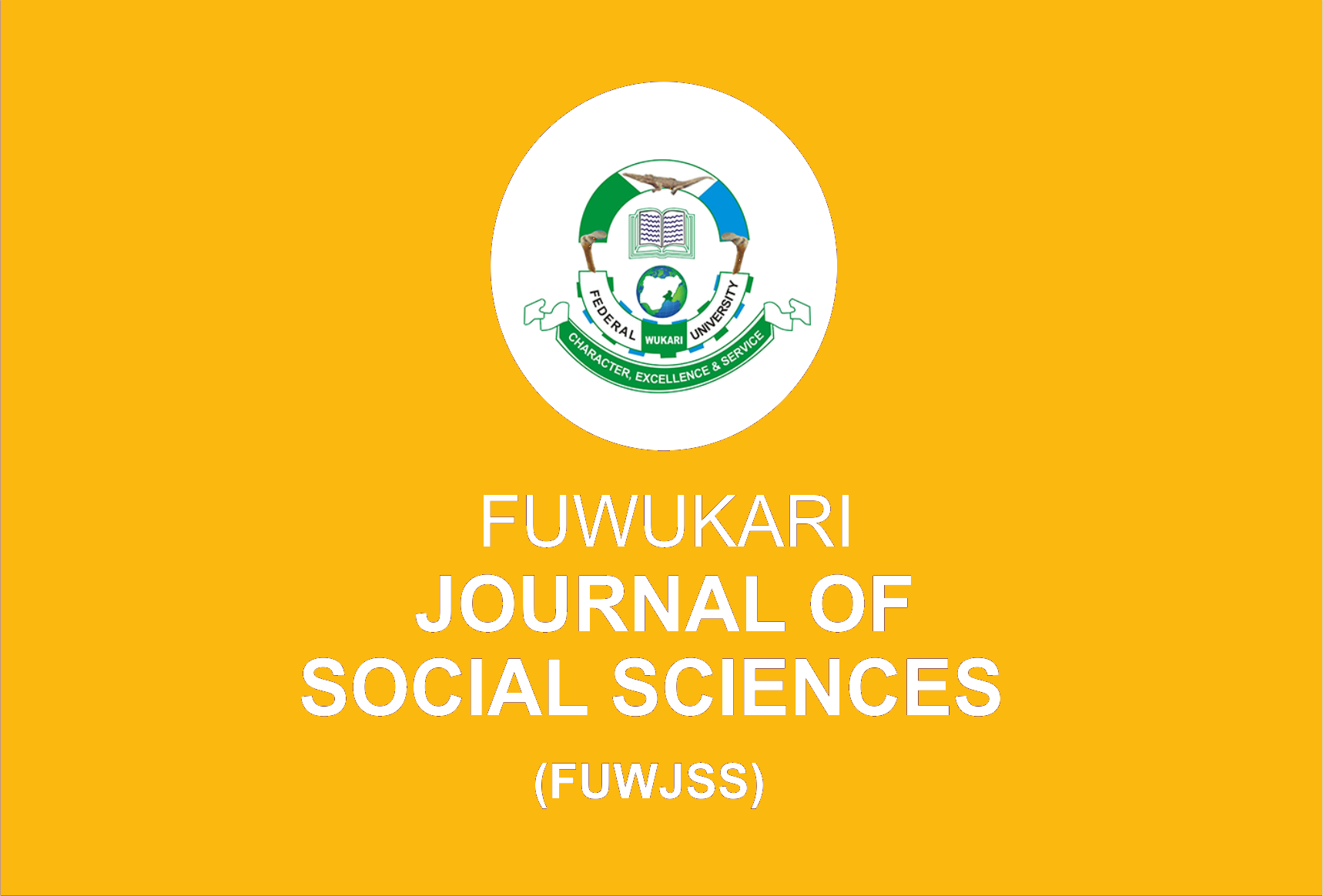Socio-Linguistic Dynamics Of Protest Language In Nigeria
Aliyu Bakoji Mbiko, Isa Mohammed, Chilean Peace Jonathan, Isa Lubaina
Keywords: Protest language, ESL learners, formal and informal English, language acquisition
Abstract
This study examines socio-linguistic dynamics of language of protest on learners of English as a second language (ESL) in Nigeria. Specifically, the study interrogates how exposure to the informal, colloquial expressions common in protest movements like
#EndSARS and #EndBadGovernance affects students’ ability to distinguish between formal and informal English. Through an analysis of various protest movements in Nigeria, including
#EndSARS, Occupy Nigeria, and Niger Delta agitations, the study explores the linguistic dynamics of protest language and its implications for ESL learners. Findings of the study reveal that
while protest language enriches learners’ vocabulary and cultural
awareness, it also creates challenges in formal academic settings, where students struggle to separate informal speech from the Standard English required for academic success. The study’s conclusion highlights the need for educational institutions to adjust
curricula to address teacher training programmes to help educators
guide students in managing the blurred boundaries between informal
protest language and formal English. The study advocates for media
literacy programmes that raise awareness about the influence of
protest language in online discourse, aiming to equip students with the skills to navigate different linguistic registers appropriately.
Author Biography
Aliyu Bakoji Mbiko, Chilean
Peace Jonathan, Isa Lubaina
Department of General Studies, College of Education, Zing, Taraba State
Isa Mohammed
Department of Political Science & International Relations, Taraba
State University Jalingo
Corresponding Author’s Email: [email protected]

